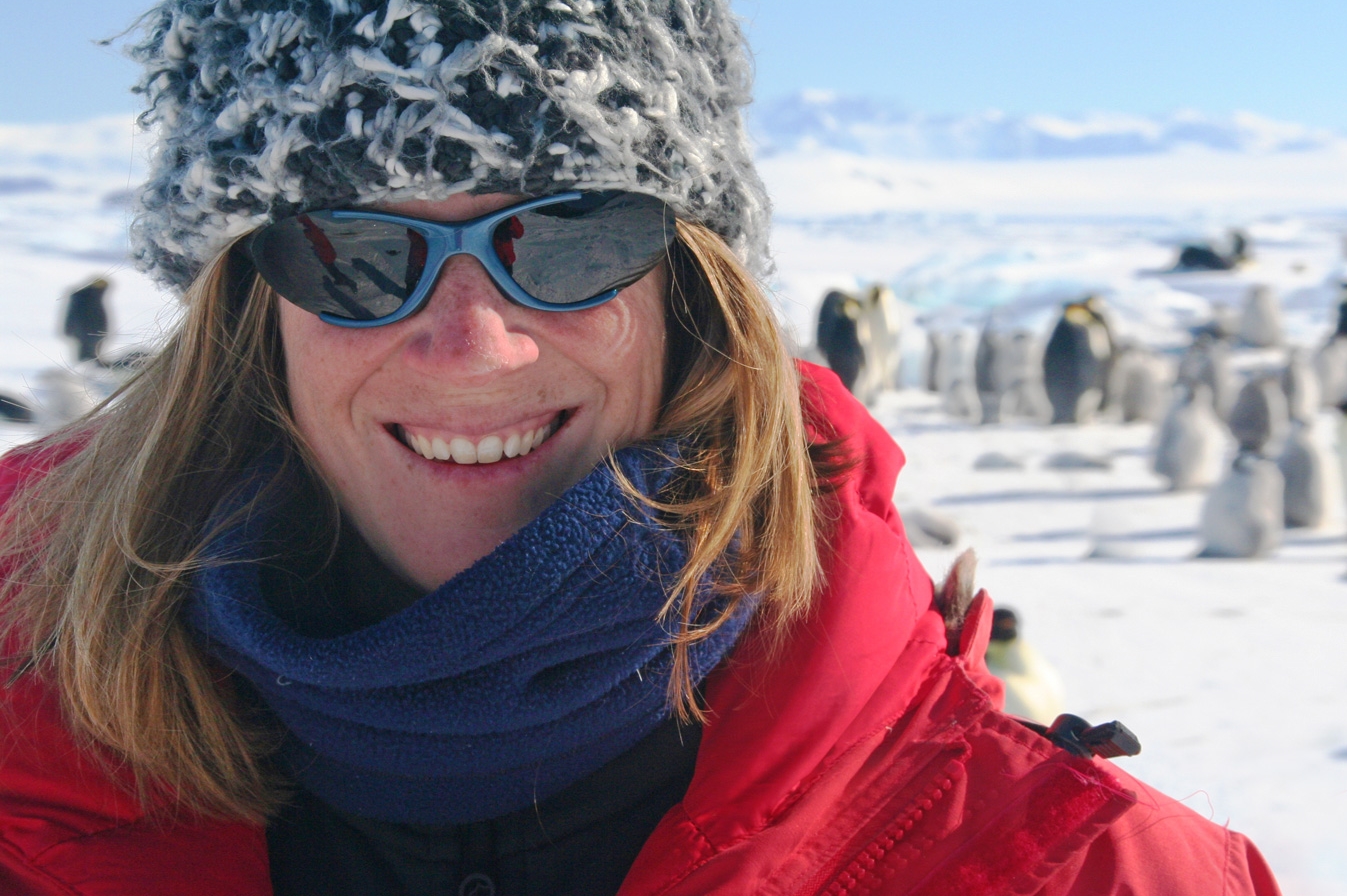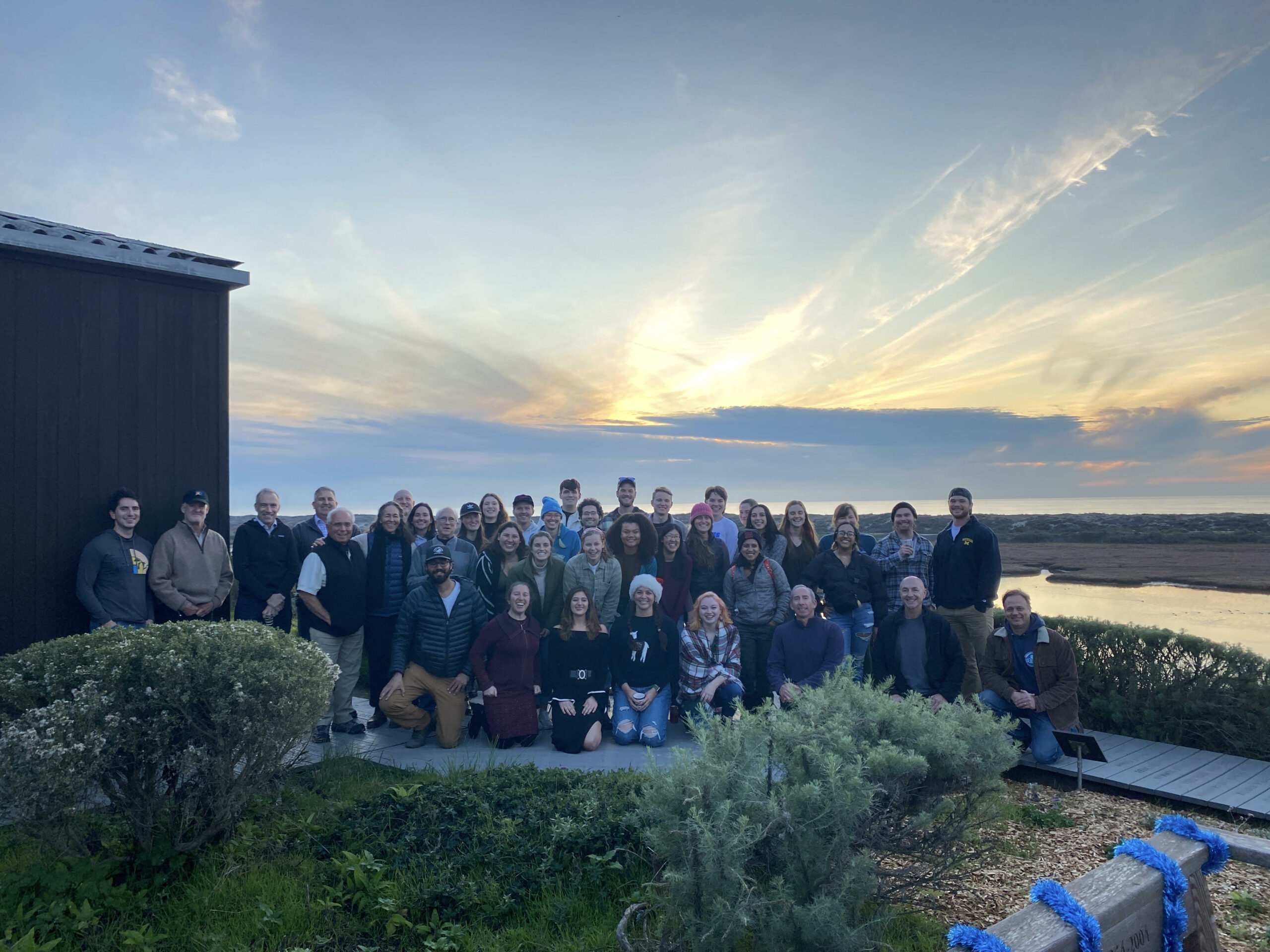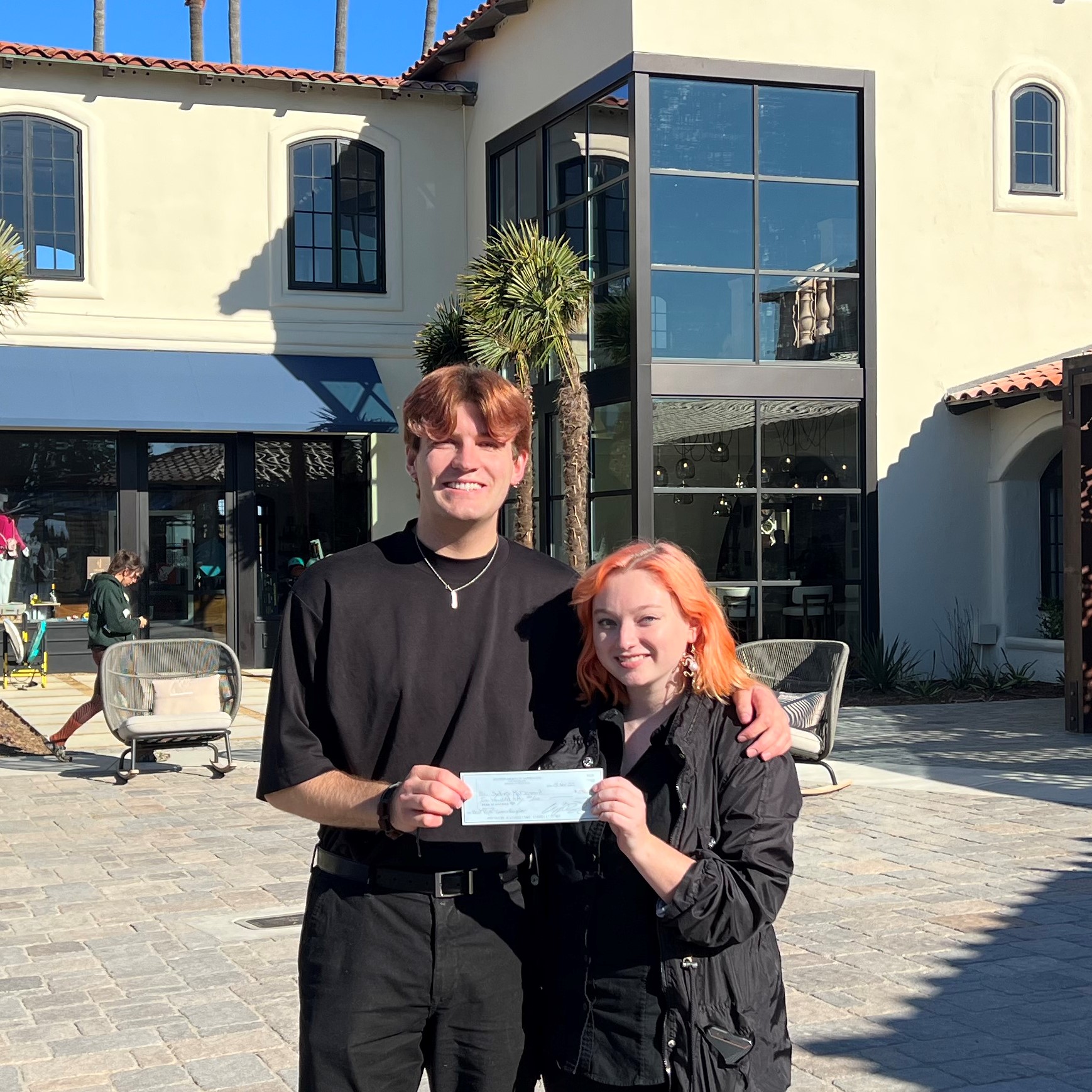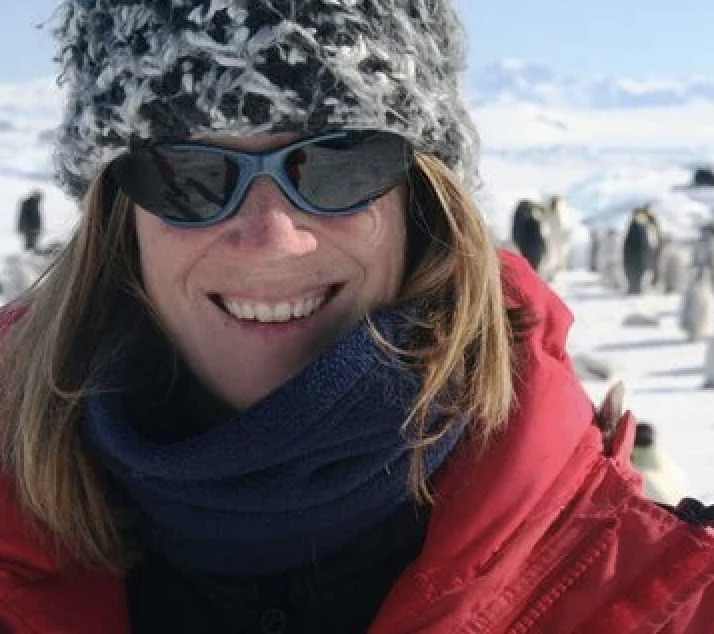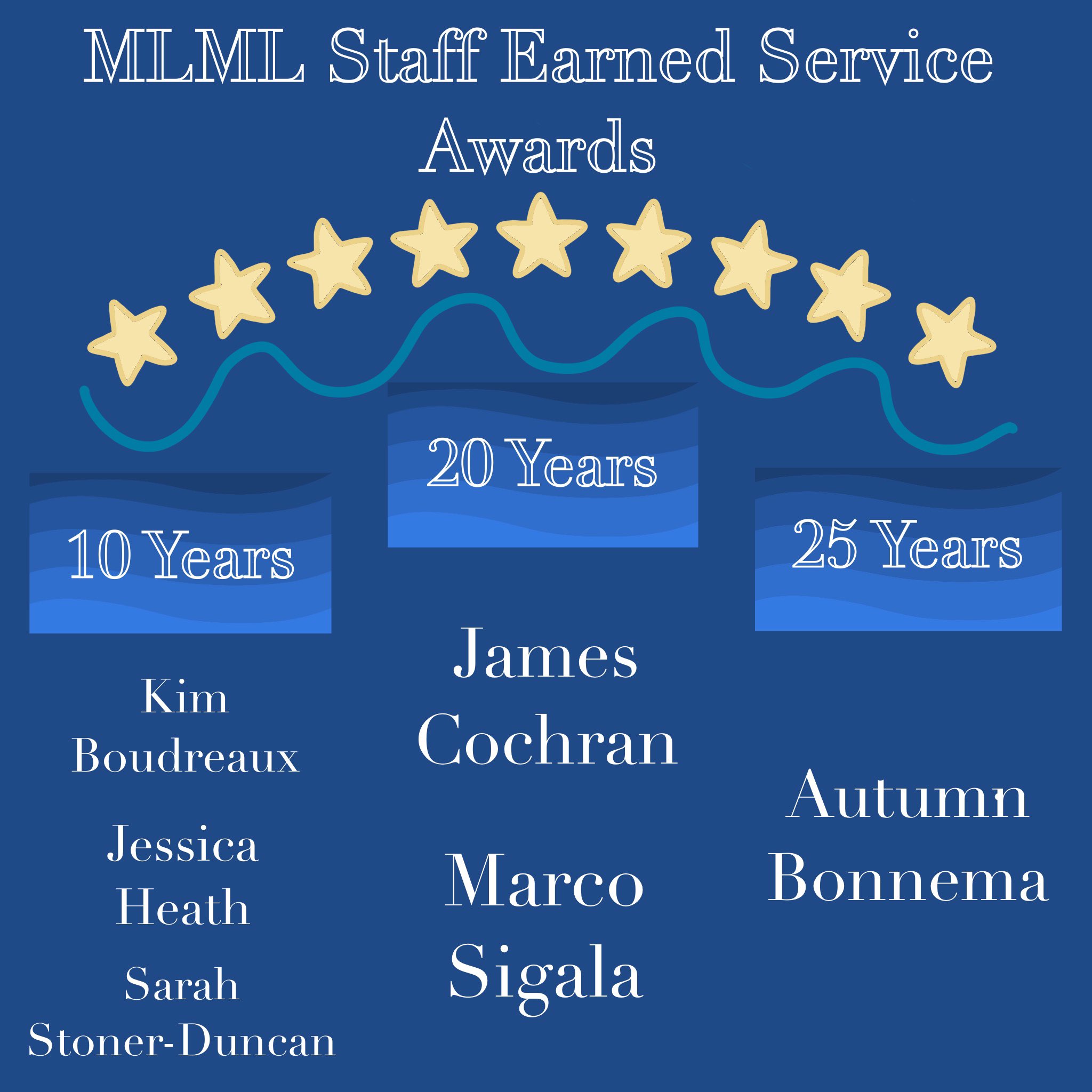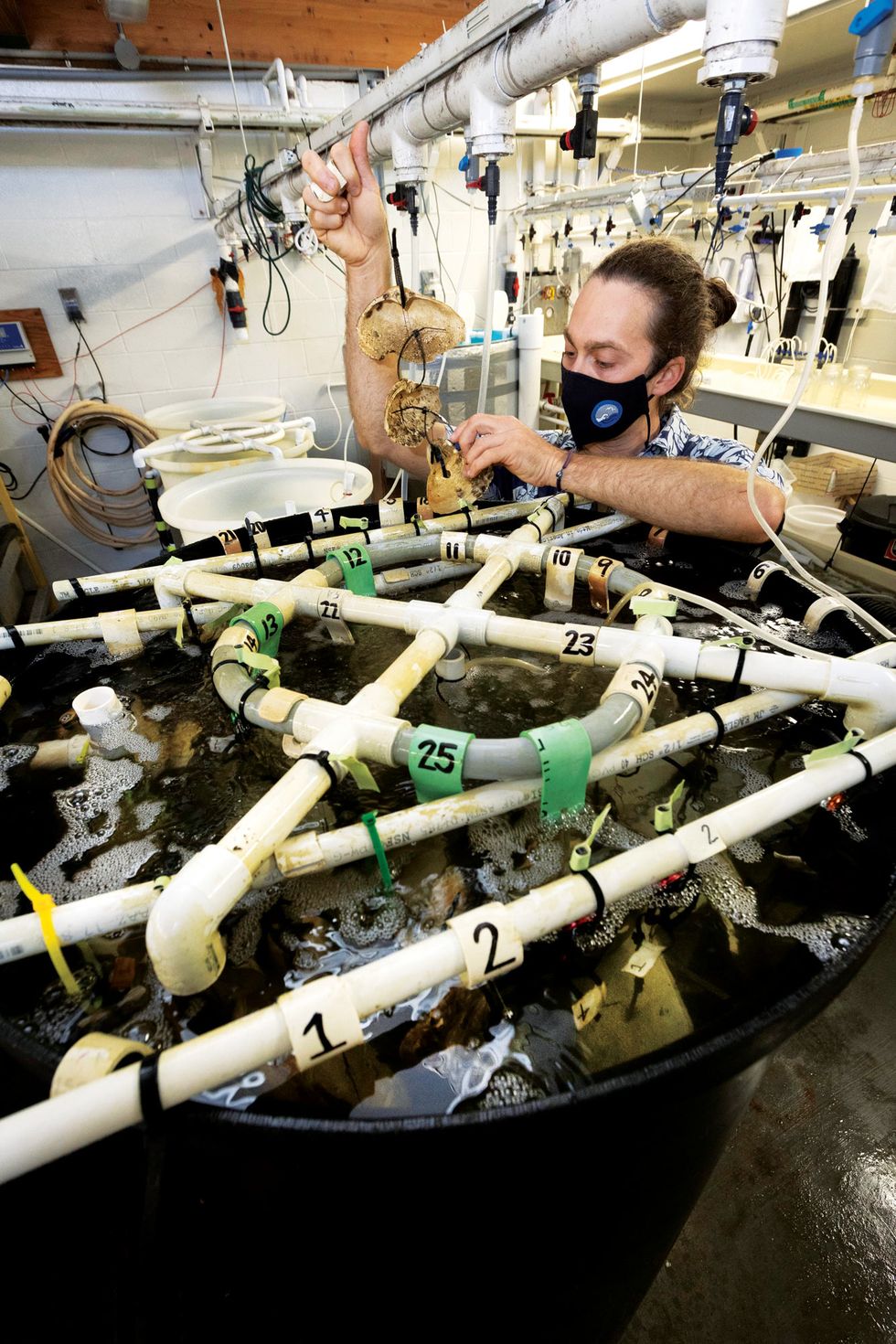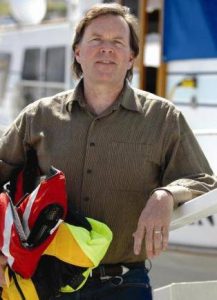
From The Director :
It is with heavy hearts that we inform our MLML family that Dr. Kenneth Coale has died today of a sudden aortic tear in his heart. And when we think of Kenneth we think of his kind and generous heart.
Kenneth received his B.A. and Ph.D. from UC Santa Cruz before he joined MLML in 1988 as a post-doc with Dr. John Martin. With John and many others at MLML, Kenneth orchestrated one of the great discoveries of ocean science as they explored the importance of iron as a “fertilizer” for the world’s oceans. Kenneth was a key player in these ocean sampling/experimental cruises, demonstrating that iron is a critical and limiting element in many parts of the oceans. Dr. Coale became an adjunct faculty member of MLML in 1992 and helped teach courses before becoming the Acting Director of the Labs in 1998, then permanent Director in 2001 until his retirement as Director in 2011 and Chemical Oceanographer in 2018. Kenneth was a biogeochemist, studying trace elements, radionucleotides, and trace metal dynamics but really, he had an interest in everything. At seminars and thesis defenses, he was always one of the first to ask a thoughtful, probing question (unless Dr. Cailliet beat him to the punch) no matter the subject. He mentored numerous students at MLML and elsewhere and was a steadfast and vigorous champion of MLML locally and around the world. He will be especially remembered for his clever, compassionate, and witty comments; his passion for building and designing things (an example was his popular fabrication class); and his dedication to the MLML family. He was instrumental in leading the construction of the new Labs that now sit atop the hill. He called MLML the “little marine lab that could”, and his wise leadership and forward thinking was exemplary and deeply appreciated.
We will miss him every day. It’s times like this that Kenneth would comfort us with his thoughtful tribute. And now we are left to comfort each other on our collective loss. We all recognize the great sacrifices and dedication that Kenneth gave in making MLML the special place it is today. Our deepest condolences and love go out to Kenneth’s wife Susan (an MLML alum), son Tyler and daughter-in-law Ashley and their kids Finn and Reed, and daughter Megan.
Jim Harvey
Ivano Aiello
Kenneth Coale was an adjunct faculty member when I joined MLML as an MS student in 1992 and he was director when returned as faculty in 2002. He oversaw the functioning of our facility and program during happy easier times, and harder sadder times. Much of our success is built upon the foundation he laid. Whether you agreed with him or not, collaborated with him or not, taught with him or not … there was never any questioning his intent. It was always for the best of Moss Landing Marine Laboratories …. for all of us. He preached that MLML provisioned the pioneers of the future, and that’s how I will remember him …preaching about how important our work is. That will be his legacy. Our work. Let’s keep doing the good work in honor of our dear friend and leader. I will miss you Kenneth.
Michael H Graham
Professor/Department Chair, Moss Landing Marine Laboratories



